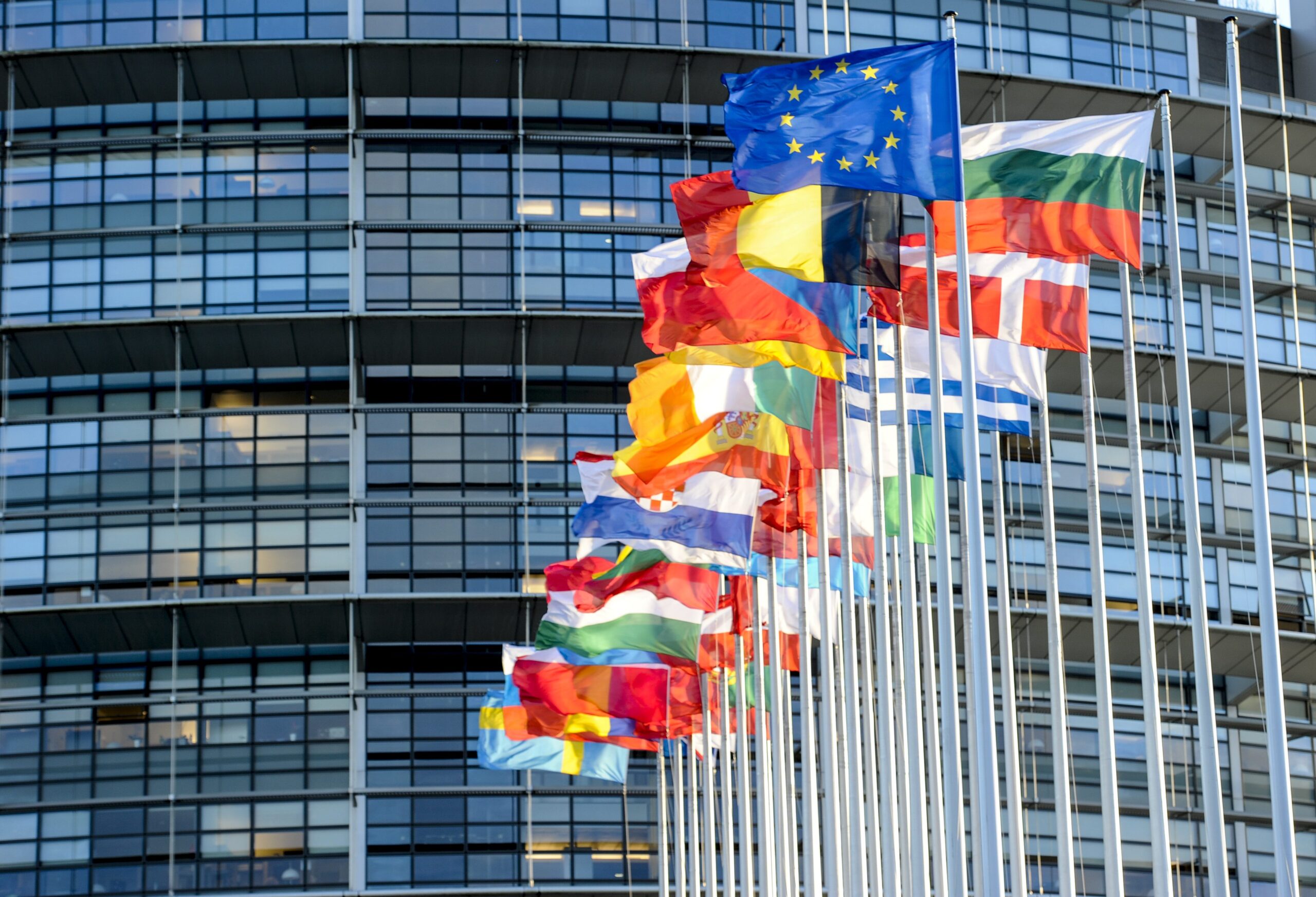Quick, name the most important agreement reached between Serbia and Kosovo. You are probably tempted to mention the Brussels Agreement, the Agreement on the Association/Community of Serb majority municipalities or some other one.
However, there are strong arguments in favour of the position that the most important individual agreement reached between Serbia and Kosovo was the one on regional representation and cooperation, reached in February 2012. Why is that so?
Well, not so long ago, high level meetings between Serbia and Kosovo were pretty much impossible to imagine. If two high officials accidentally met on an airport in a third country and shook hands, that would be major news and spike controversy. It was even a major controversy when a former president did that, let alone the current one. The officials of the two governments also did not meet in regional forums, and sometimes even avoided taking part in the ongoing EU facilitated dialogue.
The agreement on regional representation and cooperation was an important step forward. First, it allowed Kosovo to independently participate in regional meetings and initiatives, instead of being represented by UNMIK. Second, it introduced the famous asterisk (*) next to Kosovo’s name, with the footnote that says “this designation is without prejudice to positions on status, and is in line with UNSC 1244 and the ICJ opinion on the Kosovo Declaration of Independence”. This also referred to Kosovo’s designation by the EU. Third, and somewhat forgotten, is the fact that the agreement contributed to Serbia being granted with the EU candidate status in 2012, and Kosovo being awarded with the feasibility study on the Stabilization and Association Agreement (SAA).
But what are the practical benefits from this agreement? As mentioned above, the agreement allowed Kosovo to participate in different regional forums under its own name (albeit without the word “Republic”) and take part in various initiatives such as CEFTA, the Regional Cooperation Council (RCC), Brdo-Brijuni Process, and finally the Berlin Process and the programs that emerged from it: the Regional Youth Cooperation Office (RYCO), Transport Community, Western Balkans 6 Chamber Investment Forum, etc.
Benefits from Kosovo’s participation in such programs are significant. They were very beneficial for Kosovo citizens, but also for the wider region, including the citizens of Serbia, as representatives of the two sides were now able to sit together and discuss many important issues. This also facilitated and “normalized” high level meetings between the two sides. Membership in regional organizations and forums probably did more to improve relations between the two governments than the Brussels dialogue rounds, especially when it comes to their public perception.
Institutions such as RYCO are today at the forefront in fostering reconciliation and providing chances for youth from different countries in the region to engage with each other and build networks that will move the region from a nationalist deadlock. Participation of Serbia and Kosovo in these organizations is of great value for the two societies.
The implementation of this agreement is not without controversy, however. It happens to this day that Serbian representatives leave or decline to participate in different events because the provisions of this agreement are not followed. Therefore, the agreement did not fully resolve the issue of Kosovo’s representation, but its importance for normalizing relations between Serbia and Kosovo and fostering regional cooperation, very beneficial to their citizens, should not be neglected.
This publication has been produced with the assistance of the European Union. The contents of this publication are the sole responsibility of Kosovo-Serbia Policy Advocacy Group Consortium and can in no way be taken to reflect the views of the European Union.

